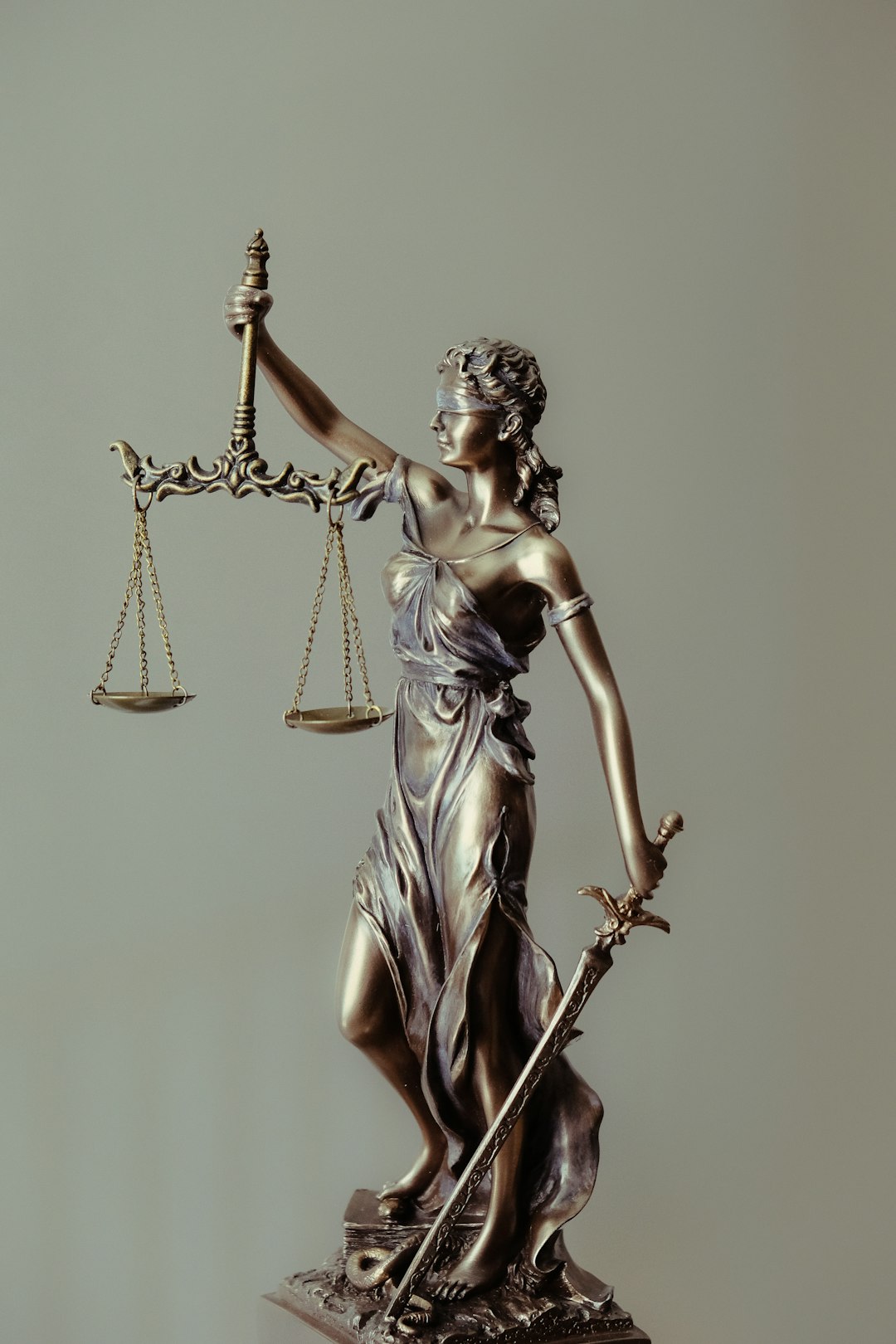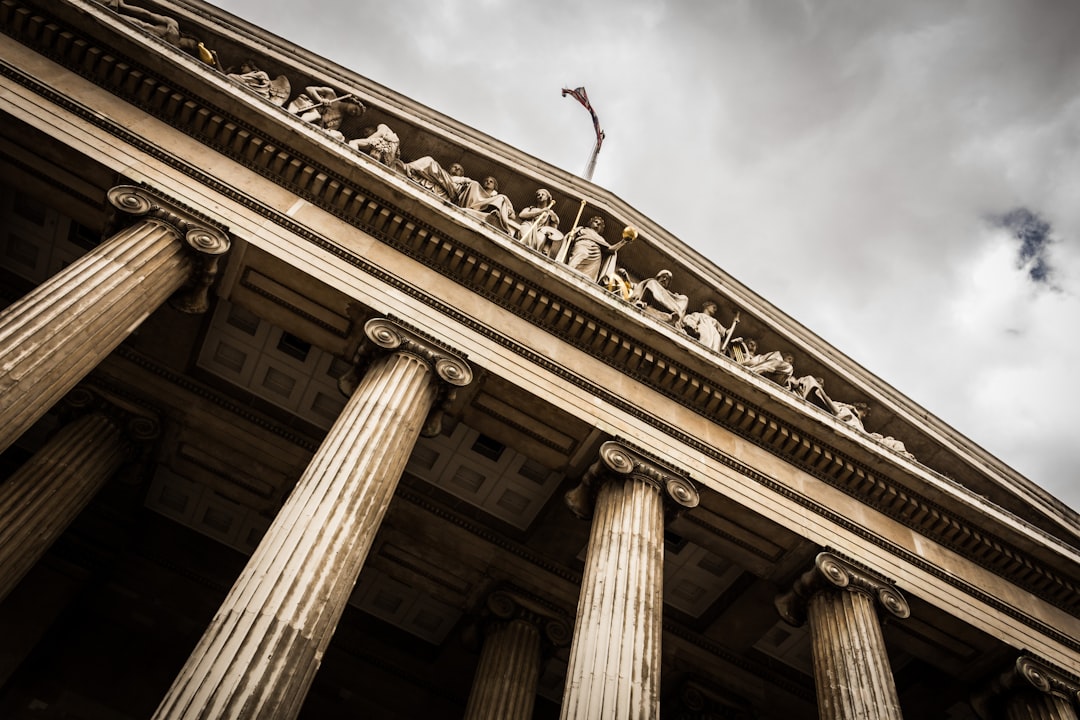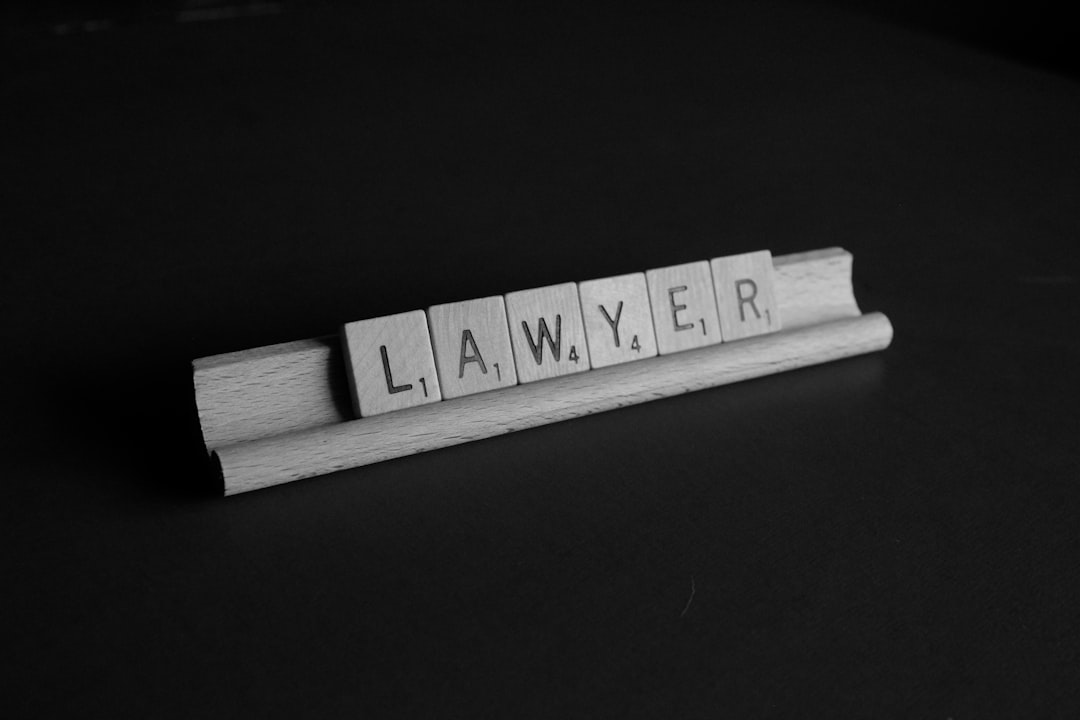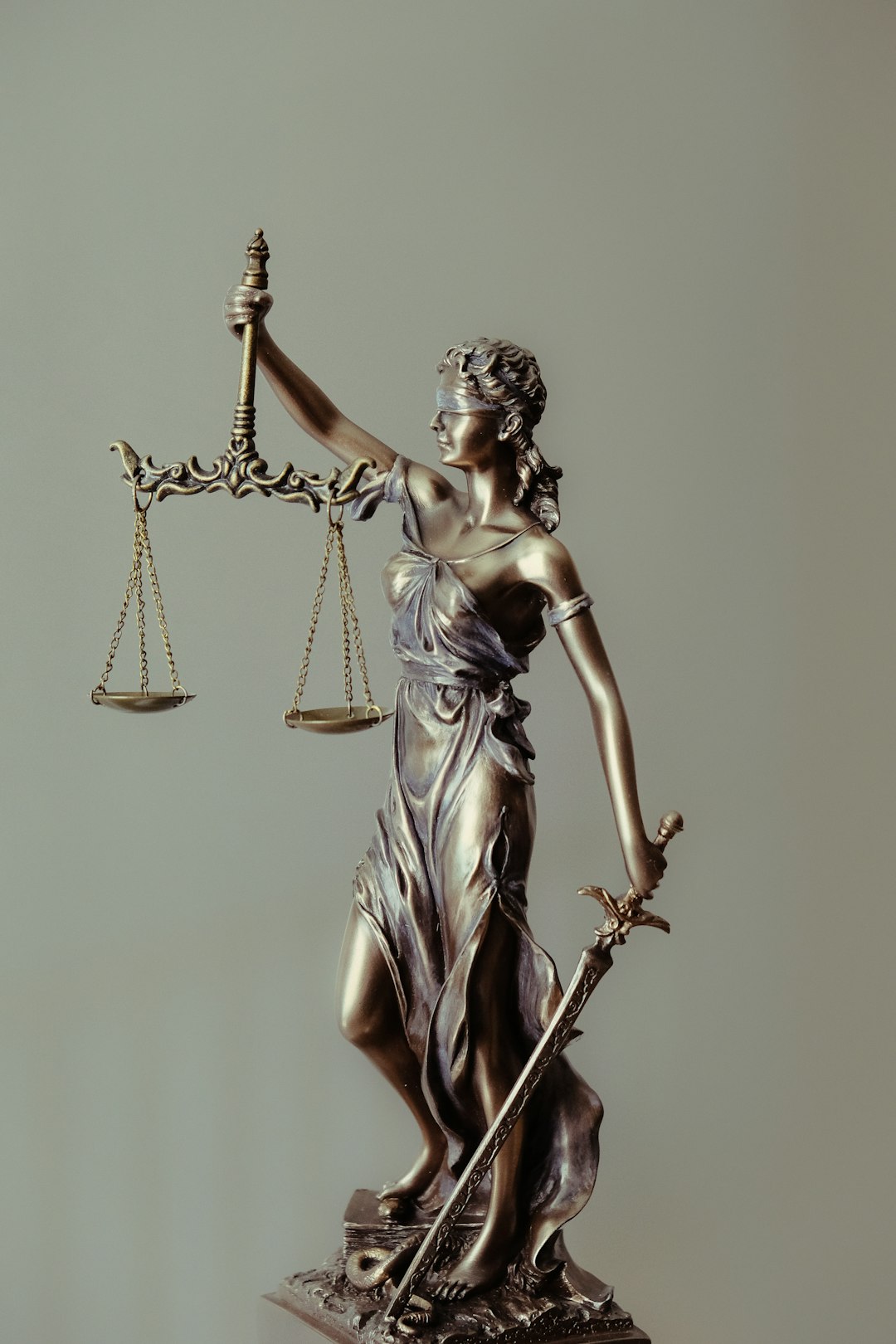In Pittsburgh, as massage therapy grows, so does awareness of sexual harassment and abuse, prompting calls for better protection. Massage abuse attorneys advocate for victims and seek justice. Blockchain technology offers a revolutionary solution for secure record-keeping, enhancing data privacy and client safety, particularly in addressing massage abuse claims and disputes involving massage abuse attorneys in Pittsburgh, PA. Implementing blockchain can significantly strengthen security and transparency in massage therapy practices.
In Pittsburgh, as across the nation, addressing massage abuse is paramount. This introduction explores how blockchain technology offers a revolutionary solution for secure record-keeping in the massage therapy industry. By leveraging decentralized and immutable ledgers, therapists can protect client information from unauthorized access, enhancing privacy and deterring potential abuse. This article delves into the unique challenges of massage abuse in Pittsburgh, the transformative power of blockchain, and practical steps for therapists to implement this innovative security measure. For massage abuse attorneys in Pittsburgh, PA, these insights offer a promising tool to safeguard their clients’ sensitive data.
Understanding Massage Abuse: A Pittsburgh Perspective

In Pittsburgh, as in many cities, massage therapy is a growing industry, but it’s not immune to issues like sexual harassment and abuse. With increasing awareness and legal protections in place, understanding the scope of massage abuse is crucial. Cases of non-consensual physical contact, exploitation, and even sexual assault have been reported within the industry, highlighting the need for robust safety measures. Pittsburgh massage abuse attorney combat these incidents by advocating for victims, ensuring justice, and holding offenders accountable.
The city’s diverse landscape presents unique challenges, with both licensed spas and independent therapists operating. This variety necessitates comprehensive solutions, including stringent background checks for all employees, clear consent protocols, and transparent reporting mechanisms. By leveraging these strategies and embracing technology like blockchain for secure record-keeping, Pittsburgh can foster a safer environment for massage therapy practitioners and clients alike.
The Role of Blockchain Technology in Record-Keeping

In the context of massage therapy, record-keeping is paramount to ensure client safety and accountability. Blockchain technology offers a revolutionary approach to secure and transparent data management. Each patient’s records can be stored as an immutable entry on a decentralized network, making it nearly impossible for malicious actors to tamper with or manipulate information. This ensures that the history of treatments, client details, and consent forms remain accurate and intact.
For Pittsburgh massage therapy businesses and massage abuse attorneys alike, blockchain provides a robust solution to address concerns related to data privacy and security. By implementing this technology, therapists can streamline their record-keeping practices, knowing that patient information is protected. This level of transparency is crucial in building trust with clients and establishing a robust defense mechanism against any potential allegations or disputes, especially when dealing with sensitive matters like massage abuse cases in Pittsburgh, PA.
Enhancing Security: Benefits for Therapy Practices

In the sensitive field of massage therapy, where client trust and data privacy are paramount, implementing blockchain technology offers a revolutionary approach to secure record-keeping. By leveraging blockchain’s inherent security features, Pittsburgh-based therapy practices can enhance their data protection measures, addressing potential risks associated with traditional storage methods. This is especially crucial in light of the growing concerns surrounding massage abuse and the need for transparent record-keeping to protect clients and hold therapists accountable.
Blockchain’s distributed ledger system ensures that client records are stored securely and immutably across multiple nodes, making it nearly impossible for unauthorized access or manipulation. This advanced security protocol can prevent data breaches and identity theft, which are significant issues in the digital age. For massage therapy practices in Pittsburgh PA, adopting blockchain technology allows them to maintain comprehensive and unalterable records of client treatments, preferences, and consent forms, thereby empowering therapists and clients alike with a robust defense against potential disputes or allegations of abuse.
Implementing Blockchain: Practical Steps for Therapists

Implementing blockchain technology in record-keeping for Pittsburgh massage therapy practices can be a game-changer, especially when it comes to preventing and addressing potential massage abuse cases. Here are practical steps for therapists to consider:
1. Choose a Suitable Blockchain Platform: Therapists should research and select a blockchain platform that aligns with their practice’s needs. There are various options available, each offering unique features and security protocols. Look for platforms designed for healthcare or record-keeping, ensuring they comply with data privacy standards like HIPAA (Health Insurance Portability and Accountability Act).
2. Digitalize Records: Convert existing paper records into digital formats to be stored on the blockchain. This process involves digitizing client information, treatment details, consent forms, and any other relevant documentation. Ensure that all data is properly encrypted and secured before uploading to prevent unauthorized access.
3. Set Up Smart Contracts: Implement smart contracts to automate specific processes. For instance, a contract can be programmed to send alerts when certain conditions are met, such as the expiration of client consent or the need for follow-up appointments. These contracts ensure that all parties involved are kept informed and reduce the risk of human error in record-keeping.
4. Data Integrity and Security: Blockchain’s inherent immutability ensures data integrity. Each transaction (or update) is cryptographically secured, making it nearly impossible to alter or tamper with records without detection. This feature is crucial for maintaining trust and transparency, especially when dealing with sensitive client information.
5. Training and Education: Provide staff training on using the new blockchain system. Educate them on data entry procedures, security protocols, and best practices for maintaining accurate records. Regular training sessions can help keep everyone updated on any changes in technology or regulations.
6. Backup and Recovery Strategies: While blockchain offers robust data protection, therapists should still implement backup strategies to prevent data loss. Off-chain backups and cloud storage solutions can ensure that data is accessible even if there are technical issues with the blockchain platform.
7. Stay Updated on Regulations: Keep abreast of local and state regulations related to patient record-keeping in Pennsylvania, especially regarding massage therapy. Ensure that the chosen blockchain platform complies with these regulations to avoid legal complications for massage abuse attorneys or therapists facing potential lawsuits.






